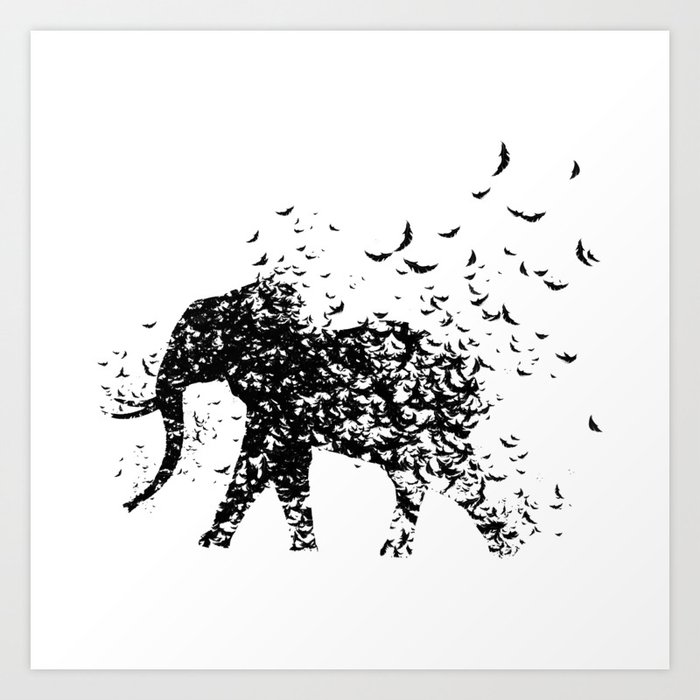.
Last night as I was sleeping I dreamt a marvelous illusion
that there was a spring breaking out in my heart.
I said, "Along what secret aqueduct are you coming to me
Oh water, water of a new life that I have never drunk."
Last night as I was sleeping I dreamt a marvelous illusion
that there was a beehive here in my heart.
And the golden bees were making white combs
and sweet honey from my old failures.
Last night as I was sleeping I dreamt a marvelous illusion
that there was a fiery sun here in my heart.
It was fiery because it gave warmth as if from a hearth
And it was sun because it gave light and brought tears to my eyes.
Last night as I was sleeping I dreamt a marvelous illusion
that there was God here in my heart.
God, is my soul asleep?
Have those beehives who labor by night stopped, and
the water wheel of thought, is it dry?
The cup's empty, wheeling out carrying only shadows?
No! My soul is not asleep! My soul is not asleep!
It neither sleeps nor dreams, but watches, its clear eyes open,
far off things, and listens, and listens
at the shores of the great silence.
It listens at the shores of the great silence.
~ Antonio Machado
from The Winged Energy of Delight,
that there was a spring breaking out in my heart.
I said, "Along what secret aqueduct are you coming to me
Oh water, water of a new life that I have never drunk."
Last night as I was sleeping I dreamt a marvelous illusion
that there was a beehive here in my heart.
And the golden bees were making white combs
and sweet honey from my old failures.
Last night as I was sleeping I dreamt a marvelous illusion
that there was a fiery sun here in my heart.
It was fiery because it gave warmth as if from a hearth
And it was sun because it gave light and brought tears to my eyes.
Last night as I was sleeping I dreamt a marvelous illusion
that there was God here in my heart.
God, is my soul asleep?
Have those beehives who labor by night stopped, and
the water wheel of thought, is it dry?
The cup's empty, wheeling out carrying only shadows?
No! My soul is not asleep! My soul is not asleep!
It neither sleeps nor dreams, but watches, its clear eyes open,
far off things, and listens, and listens
at the shores of the great silence.
It listens at the shores of the great silence.
~ Antonio Machado
from The Winged Energy of Delight,
translation by Robert Bly
.art by Van Gogh





































